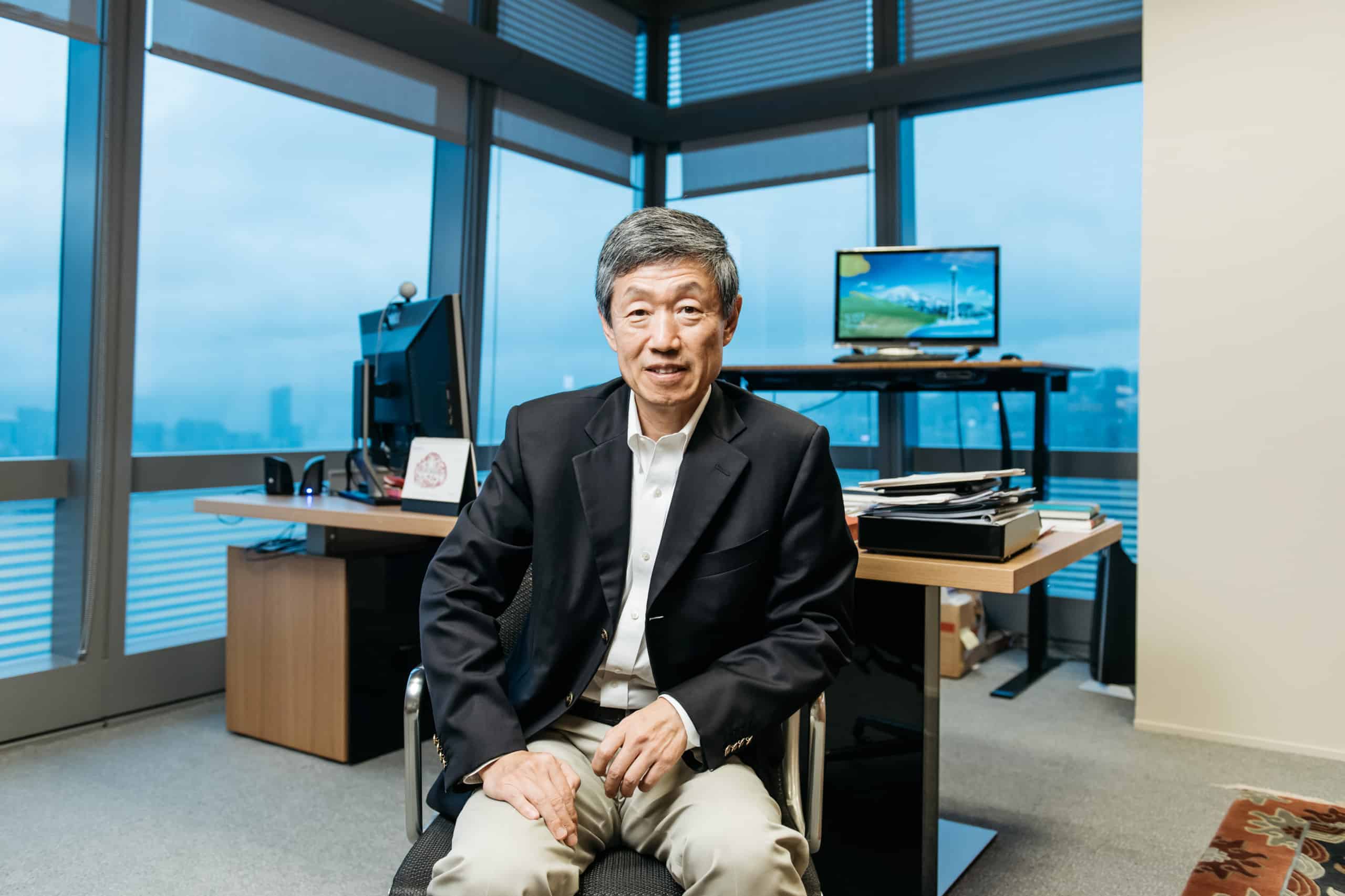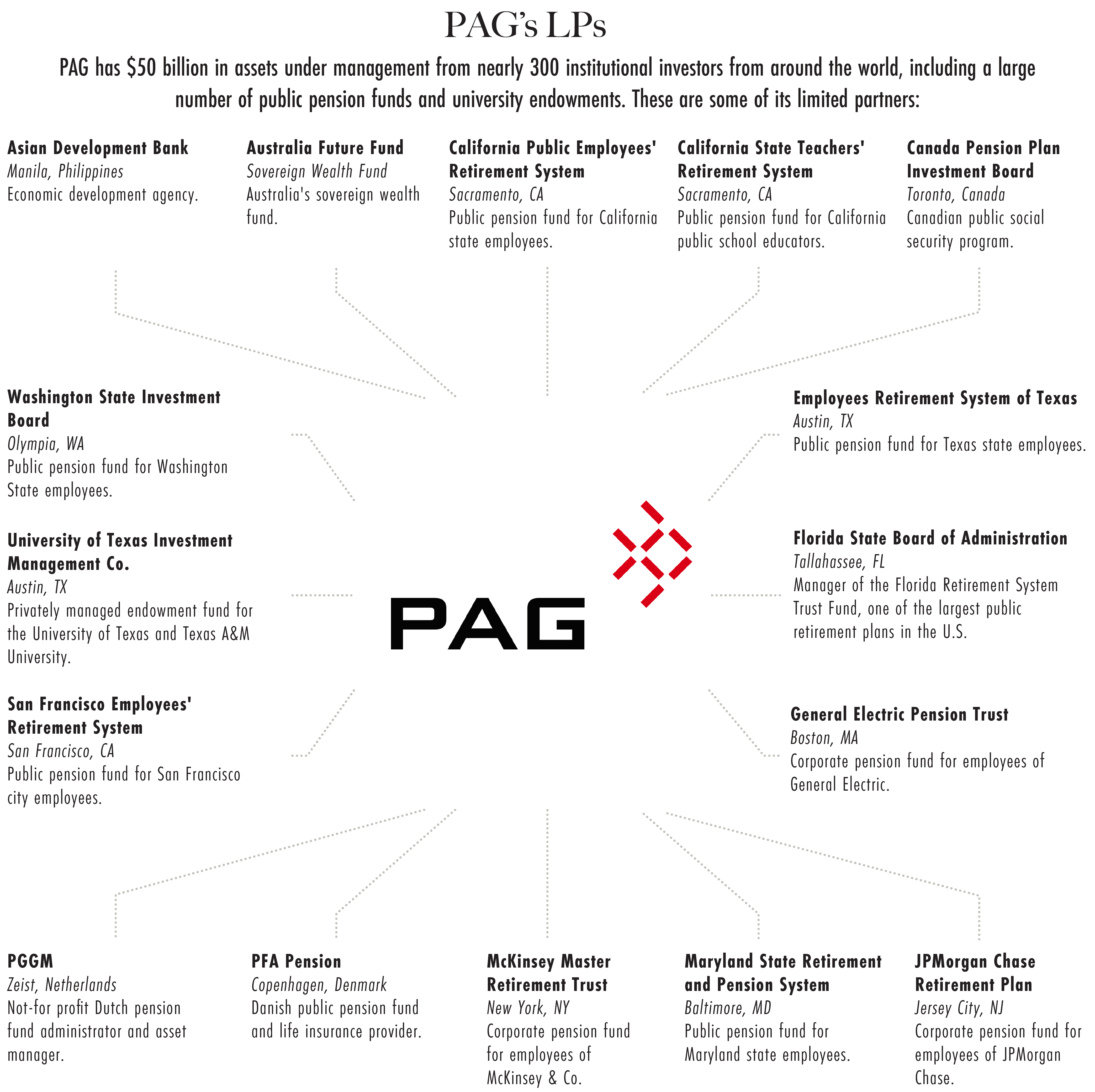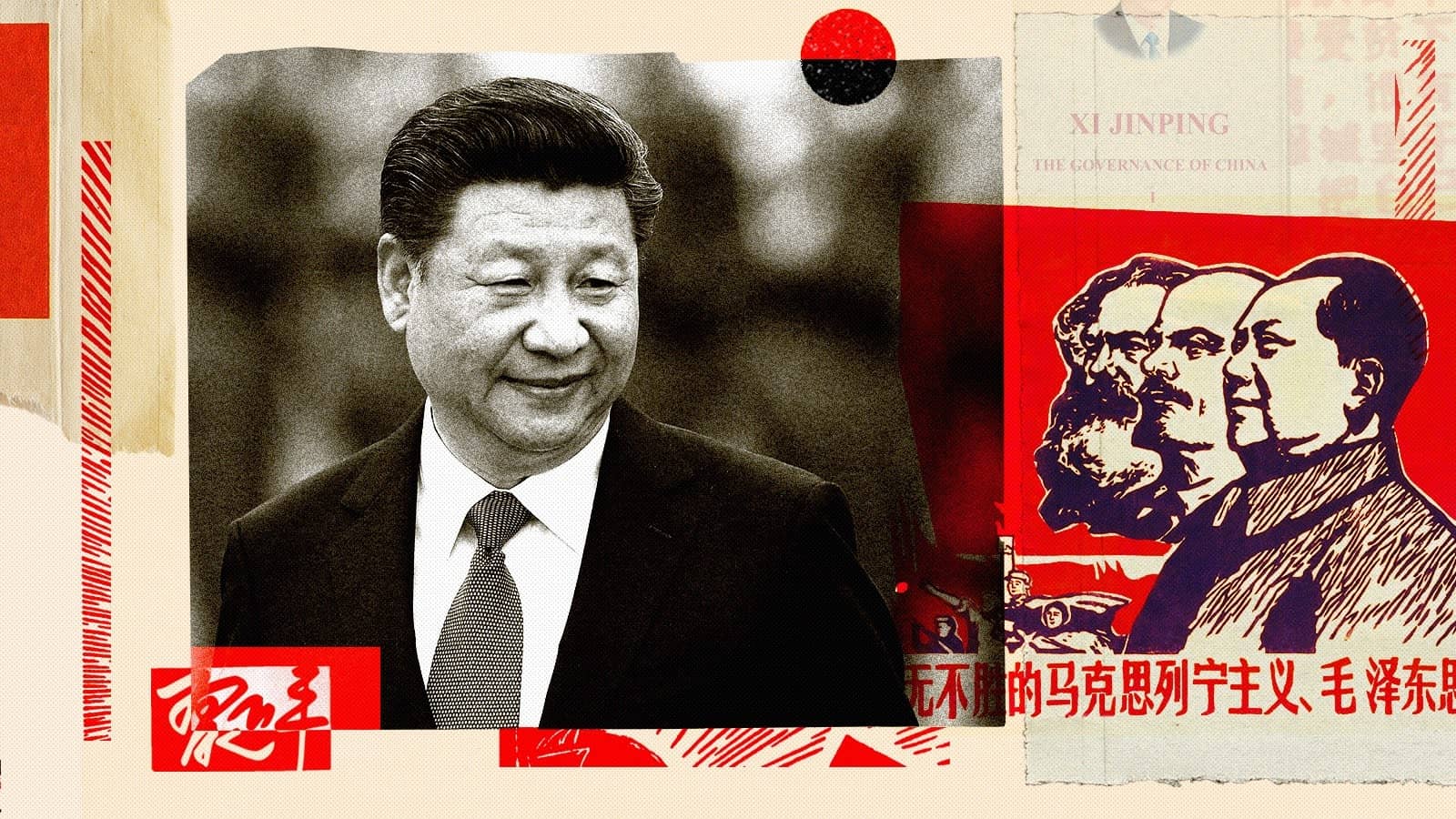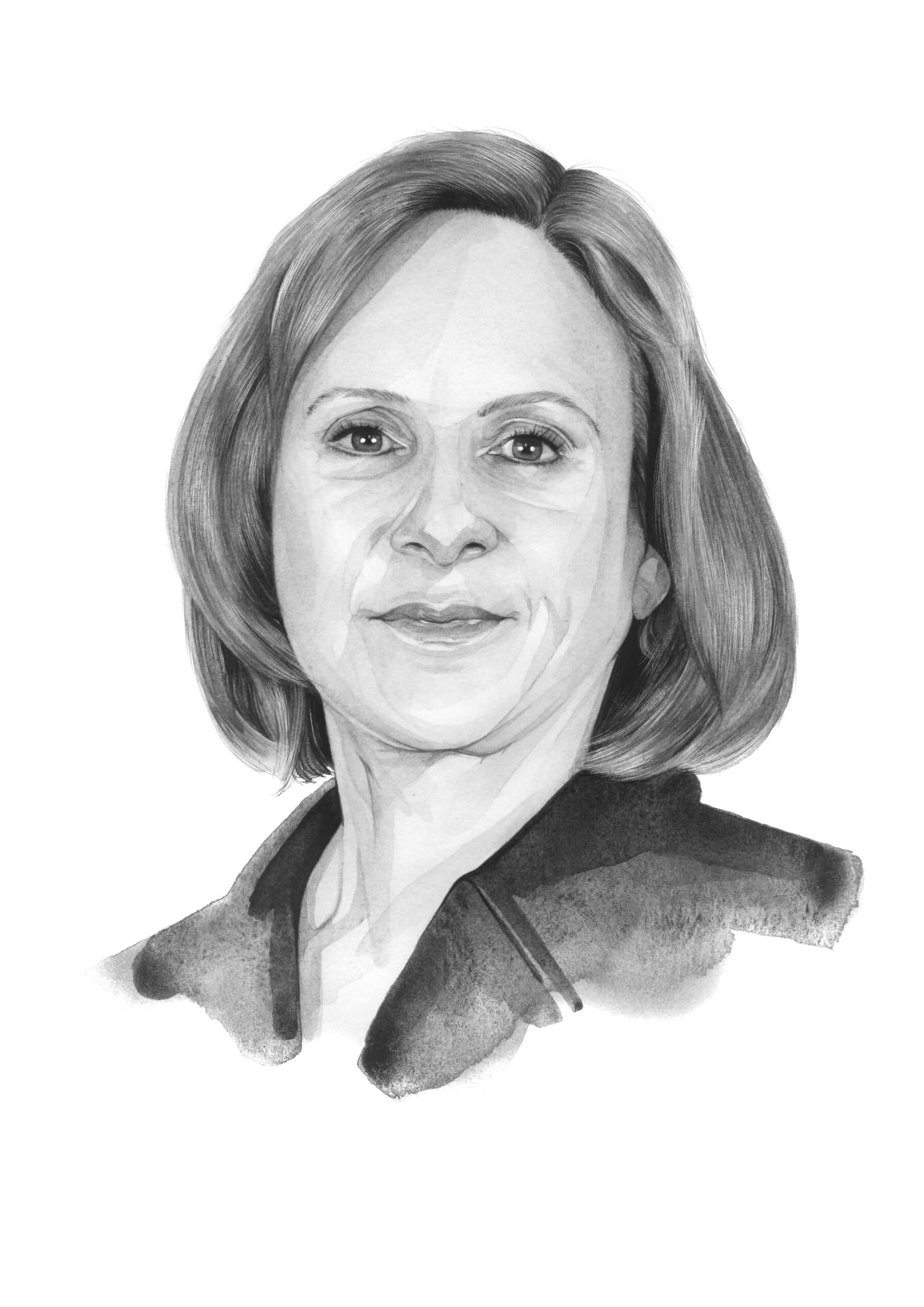
From surviving the Cultural Revolution to ascending the highest echelons of the financial industry, Shan Weijian’s savvy has carried him far. But the co-founder of PAG, one of Asia’s largest private equity firms, made headlines recently after his criticism of China’s management of the economy and its zero-Covid strategy found its way into the Financial Times.
In a leaked video of a private meeting with PAG’s fund investors, Shan is quoted as describing the Chinese economy as “in the worst shape in the past 30 years,” and compares it to “the U.S. and Europe in 2008.”
Shan, who rarely makes public statements critical of Chinese government policies, is now in the spotlight just as PAG prepares to go public on the Hong Kong Stock Exchange. This also comes at a time when Beijing has pledged to ‘fight’ any comments that doubt its pandemic policies and begun to punish some outspoken critics.
Shan and PAG don’t normally shy away from a fight, having been involved in some bitter boardroom clashes in the past. As part of our ongoing series showcasing prominent companies investing in China, The Wire has profiled Qiming Venture Partners, Hubble Technology, Yunfeng Capital, Hillhouse Capital, IDG Capital, and 5Y Capital. This week, we’re looking at PAG.
PAG’S MANAGEMENT TEAM

PAG’s three co-founders control different arms of the firm’s business. They hold a majority of voting interests in the firm, and will retain their controlling interest after the firm’s IPO. Shan Weijian oversees PAG’s private equity business, for which it is arguably best known.
Shan, 68, was born shortly before China’s Great Leap Forward and grew up amid the tumult and violence of the Cultural Revolution, which he recounted candidly in his 2019 memoir, Out of the Gobi: My Story of China and America. In one chapter, he describes battling hunger and fatigue as he worked to dig a canal in the desert, working long into the night after the leaders of his platoon forbade the laborers from resting until the work was completed. Shan recalls one comrade started to sing the workers’ anthem, ‘The Internationale’: “How ironic that in a place supposedly ruled by the working class, we felt like the oppressed for whom the… composer… had written the song.”
The canal project ended up as one of many futile projects that turned Shan and his peers into cynics, disillusioned with the system of mass mobilization. Chinese workers “were no less hardworking and industrious than any other country,” Shan writes, but the “entire economic system of China at the time made no economic sense.”
The end of the Cultural Revolution and improved U.S.-China relations in the late 1970s led to Shan finding backing to study in the U.S. He eventually obtained a doctorate in business administration from the University of California, Berkeley, where his faculty advisor was future-Federal Reserve chair and Treasury Secretary Janet Yellen. He then worked at the World Bank and taught at the University of Pennsylvania’s Wharton School of Business. “I found it mind-boggling how far he had journeyed — from working as a hard laborer without a secondary education… to becoming a professor at one of America’s most prestigious universities, all in about ten years,” Yellen wrote in the forward to Shan’s book.
Shan made the transition from academia to finance in the 1990s, leading JPMorgan Chase’s nascent China business from 1993 to 1998, and then at TPG Capital, the American private equity investment firm, where he was a managing partner. He founded PAG’s private equity business in 2010, raising $2.5 billion for the firm’s first buyout fund, building the company into one of Asia’s largest private equity firms.
In 2018, Blackstone Inc., the American private equity giant led by Stephen A. Schwarzman, invested $400 million to acquire a roughly 20 percent stake in PAG. PAG filed for an IPO in late March, reportedly targeting a valuation of between $10 billion and $15 billion. A successful listing could make it Hong Kong’s largest IPO this year.
PAG declined to comment for this article.
PAG’S LIMITED PARTNERS
PAG’s private equity portfolio includes $17 billion in assets under management as of the end of 2021. The firm made 45 investments totalling $10 billion in its first decade of operations, with an average return of 28 percent over the last six years, according to PAG’s IPO prospectus.1Page 186. Its limited partners include a long list of U.S. public pension funds, university endowments and insurance companies. The firm is currently in the process of raising money for a fourth buyout fund. These are some of its LPs:

MAJOR INVESTMENTS
Until recently, PAG’s private equity business under Shan has displayed plenty of confidence in China’s economy, particularly the country’s consumer-facing businesses. One of PAG’s earliest deals was a $100 million investment into China Music Corp. in 2013, which later merged with Tencent’s QQ Music to form Tencent Music Entertainment, China’s largest music streaming provider. Beyond China, which accounts for around half of PAG’s deals, PAG also invested $120 million into Universal Studios Japan.
PAG has also made big investments into industrial producers and commercial businesses. In 2018, the firm was involved in two relatively high-profile hostile takeovers: a successful $600 million bid for industrial gas producer Yingde Gases that produced a rare public boardroom spat; and an unsuccessful attempted takeover of Hong Kong-based Spring Reit. With consumer-facing companies, particularly in the tech sector, falling out of favor in China, last year PAG invested in commercial enterprises, including an autonomous driving truck maker and the operating company of financially embattled Wanda Group’s commercial properties.
Given Shan’s investment history, and his largely supportive stance towards Beijing’s policies, his recent critique is particularly striking. In the leaked video, Shan is quoted telling investors that PAG is currently “very cautious towards China markets.” Half of its invested and committed capital in 2021 went to companies outside of China, including firms based in Singapore, India and Japan, a significant increase from the two years prior.2Page 184.
Below is a look at PAG’s investment history since its private equity business was founded in 2010.


Eliot Chen is a Toronto-based staff writer at The Wire. Previously, he was a researcher at the Center for Strategic and International Studies’ Human Rights Initiative and MacroPolo. @eliotcxchen



